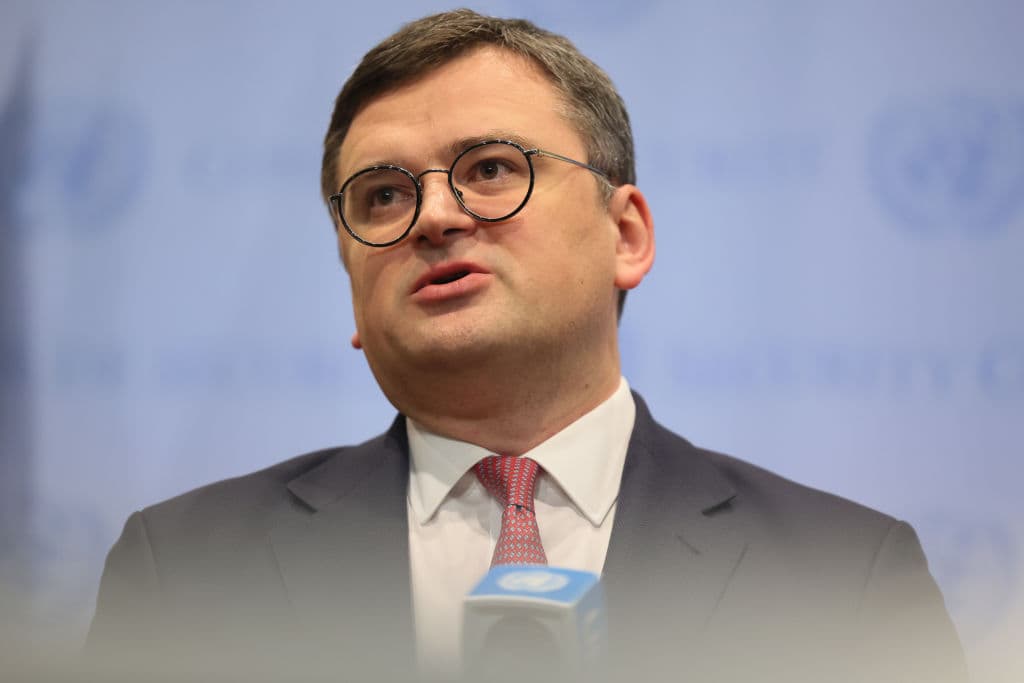Minister: Two more countries join Core Group on Special Tribunal for Russian crime of aggression

According to Ukraine's Foreign Minister Dmytro Kuleba, two more countries joined the Core Group on the Special Tribunal for the Russian crime of aggression on March 14.
"Thirty-two states are now working together to hold Russia’s top political and military leadership accountable. Putin and his associates will stand trial," Kuleba said on Twitter.
The minister didn't specify which two states have joined the group. On March 7, Kuleba reported that Greece was becoming a coalition member.
The European Parliament on Jan. 19 adopted a resolution calling on member states to back the creation of a special international tribunal to judge Russian war crimes committed in Ukraine, specifically the crime of aggression. The resolution urged the EU member states to "immediately" prepare for the tribunal's creation in cooperation with Ukraine.
The Core Group held the first meeting on Jan. 26, and its participants will gather again on March 21-22 in Strasbourg, according to the Ukrainska Pravda publication.
According to The New York Times, the International Criminal Court (ICC) plans to open two cases investigating war crimes conducted by Russian forces against Ukraine. The cases are related to the Russian abduction of Ukrainian children and teenagers who were sent to Russian so-called "reeducation" camps and the deliberate attacks on civilian infrastructure. These will be the first international charges brought forward since Russia's full-scale war began in February 2022.
While the ICC can investigate war crimes committed by individuals, it does not have jurisdiction to prosecute the crime of aggression, thus the need to create the Special Tribunal.
From the time it was first conceived as a concept, the crime of aggression was considered a leadership crime — that of leaders who devise state policies that exclude followers, among others, from criminal liability. It was prosecuted for the first time at the Nuremberg International Military Tribunal after World War II.
Commenting on the ICC's alleged intentions to open the cases, the Kremlin press secretary Dmitry Peskov said on March 14, cited by Russian state-controlled news agency TASS, that Moscow didn't recognize the jurisdiction of this court.
Ukraine's Prosecutor General's Office is investigating some 70,000 cases of war crimes and crimes of aggression allegedly committed by Russian troops since the beginning of the full-scale invasion a year ago.










